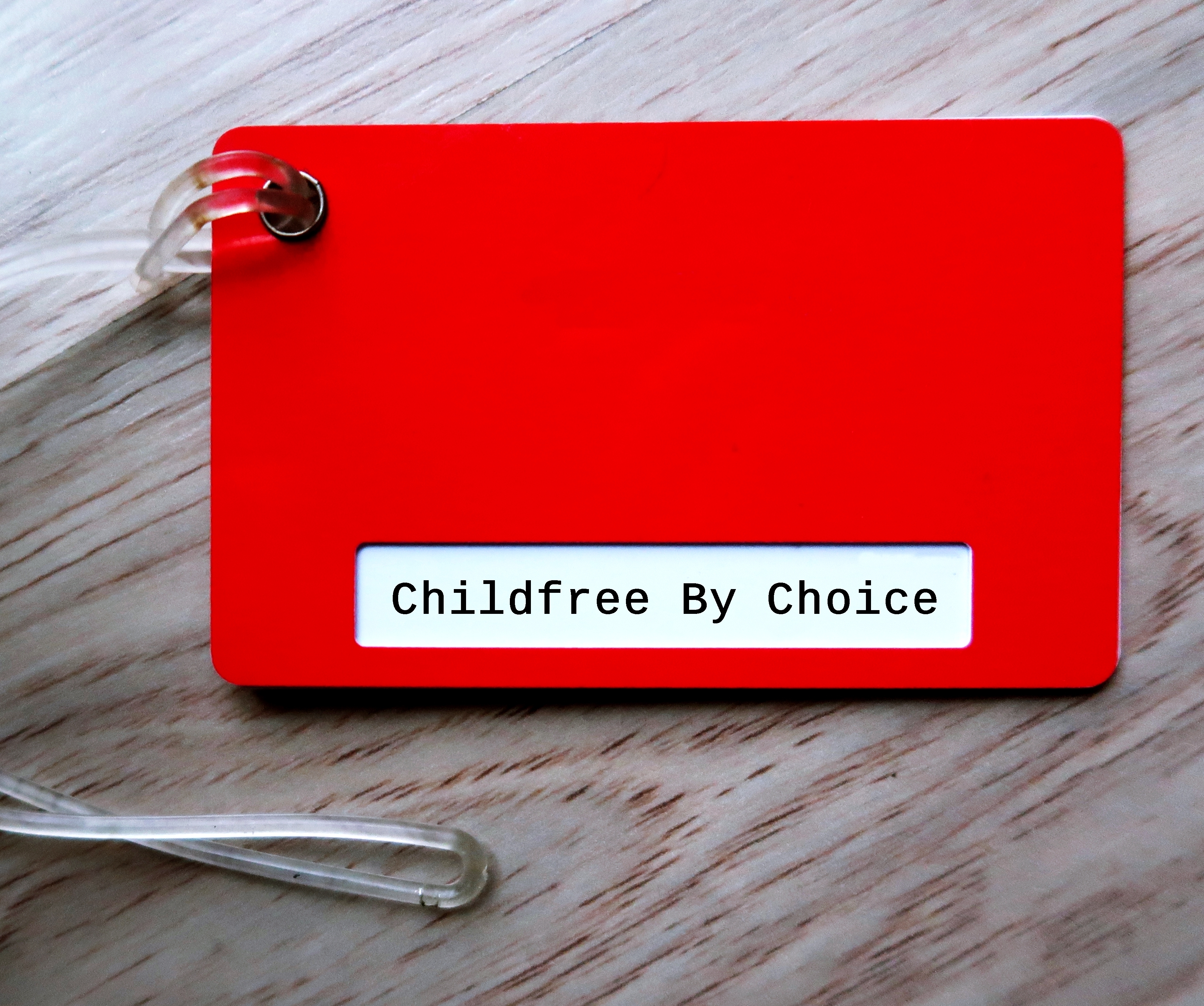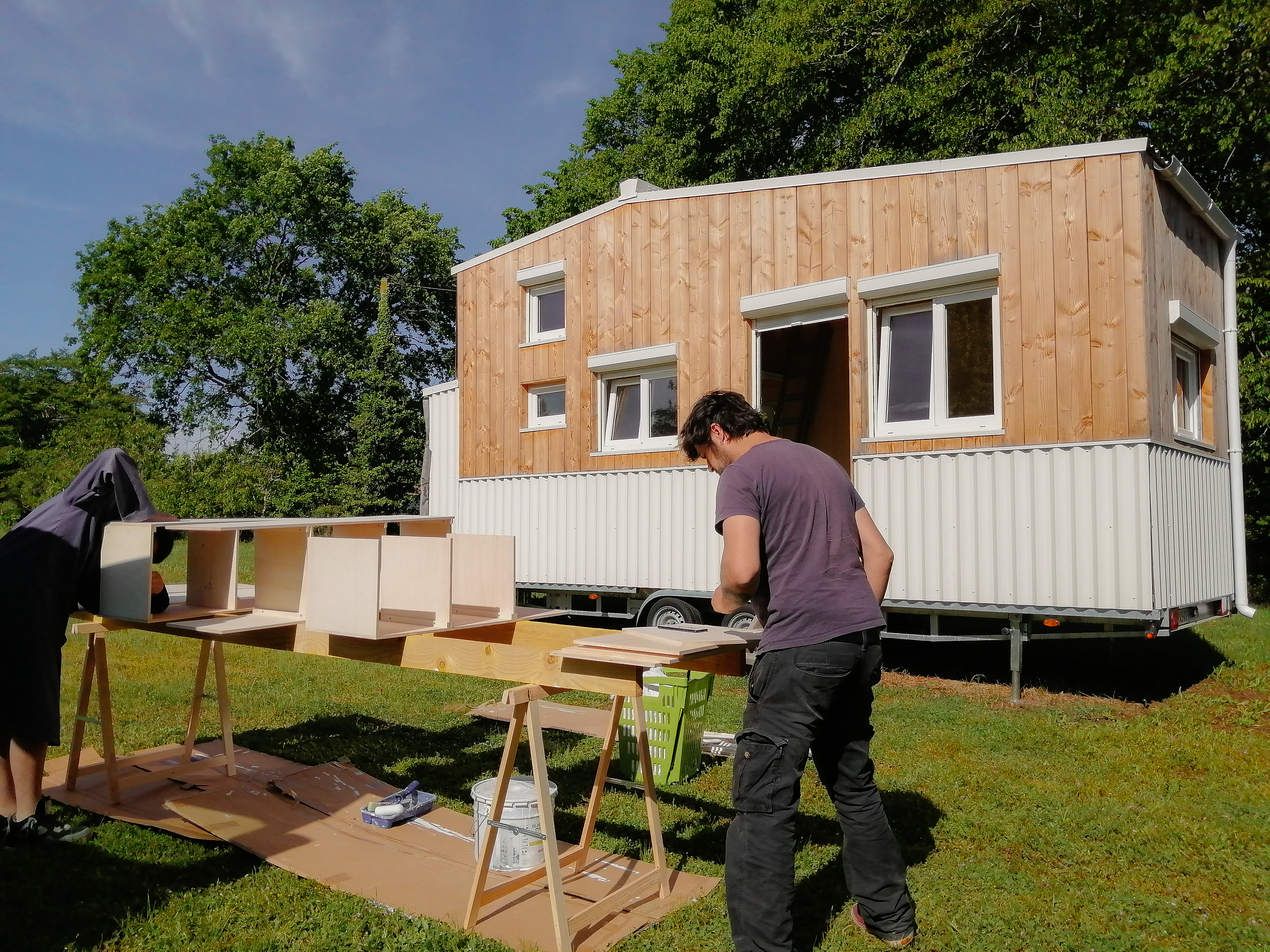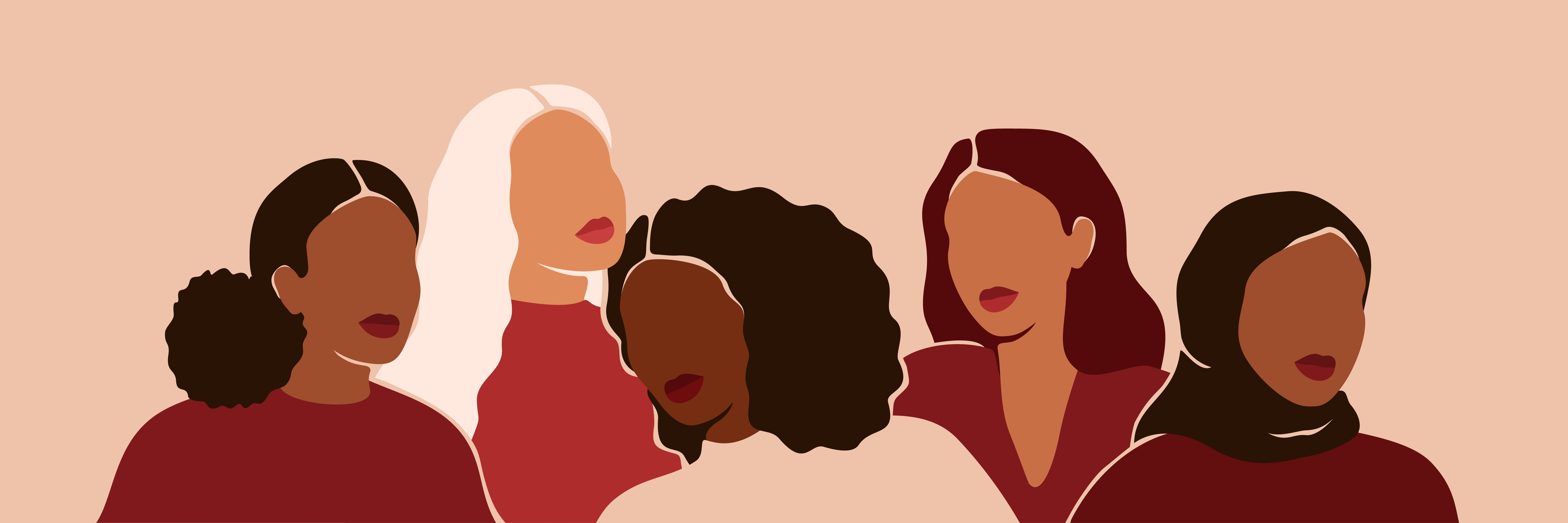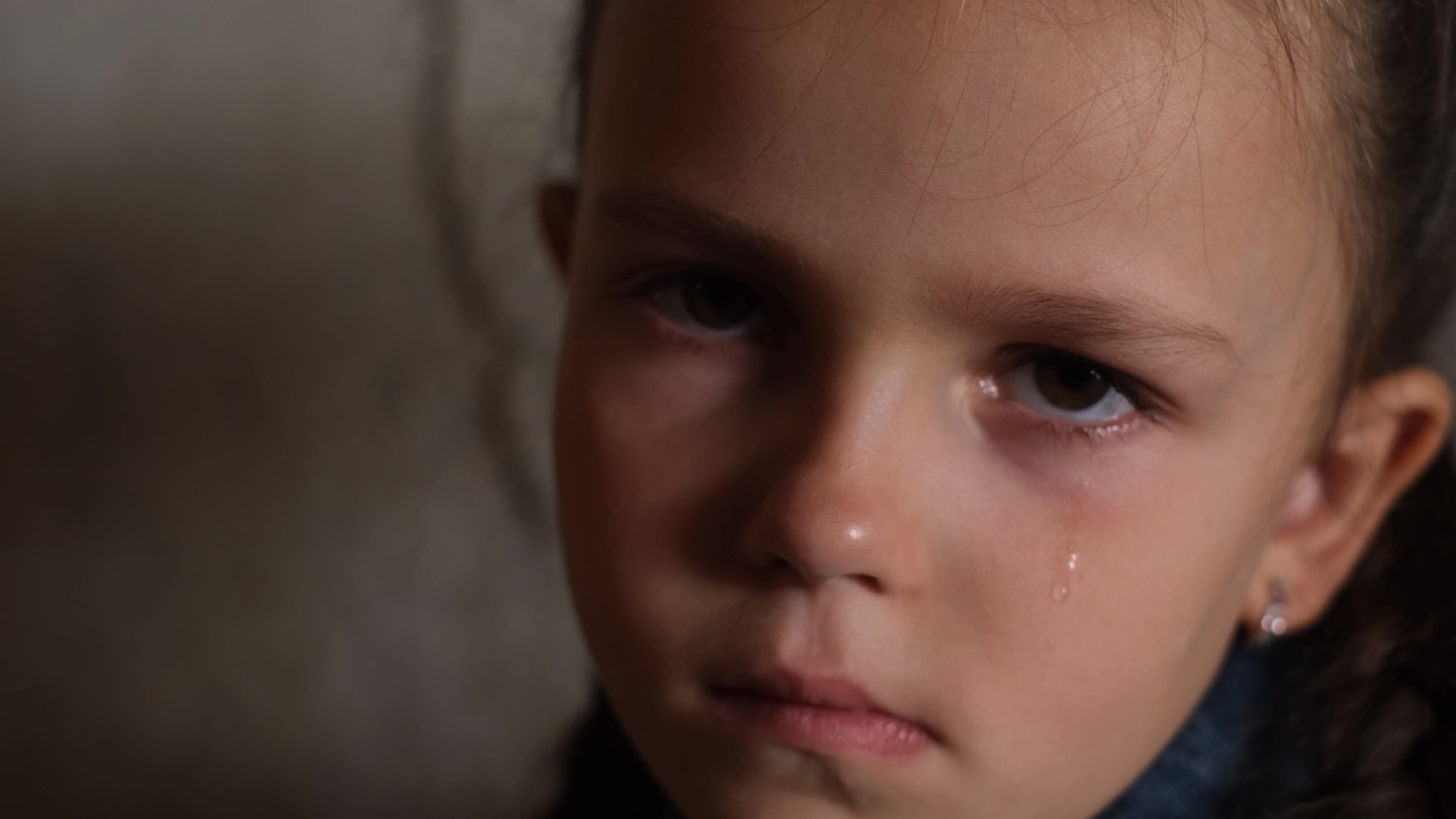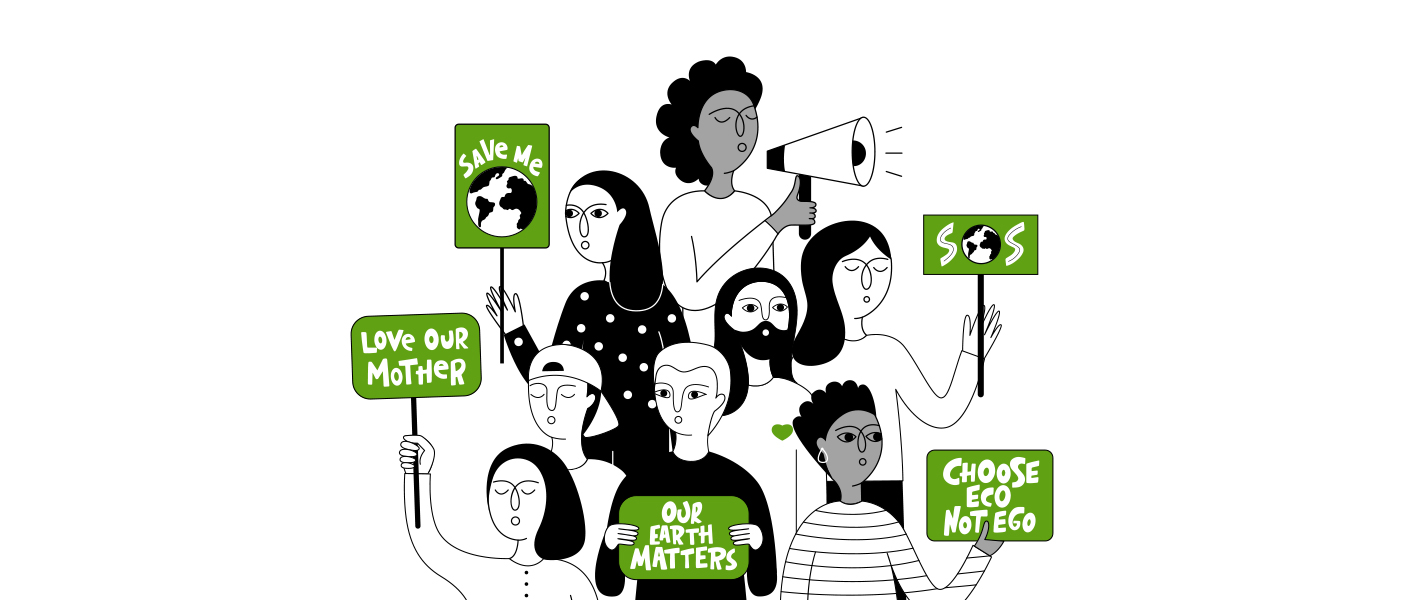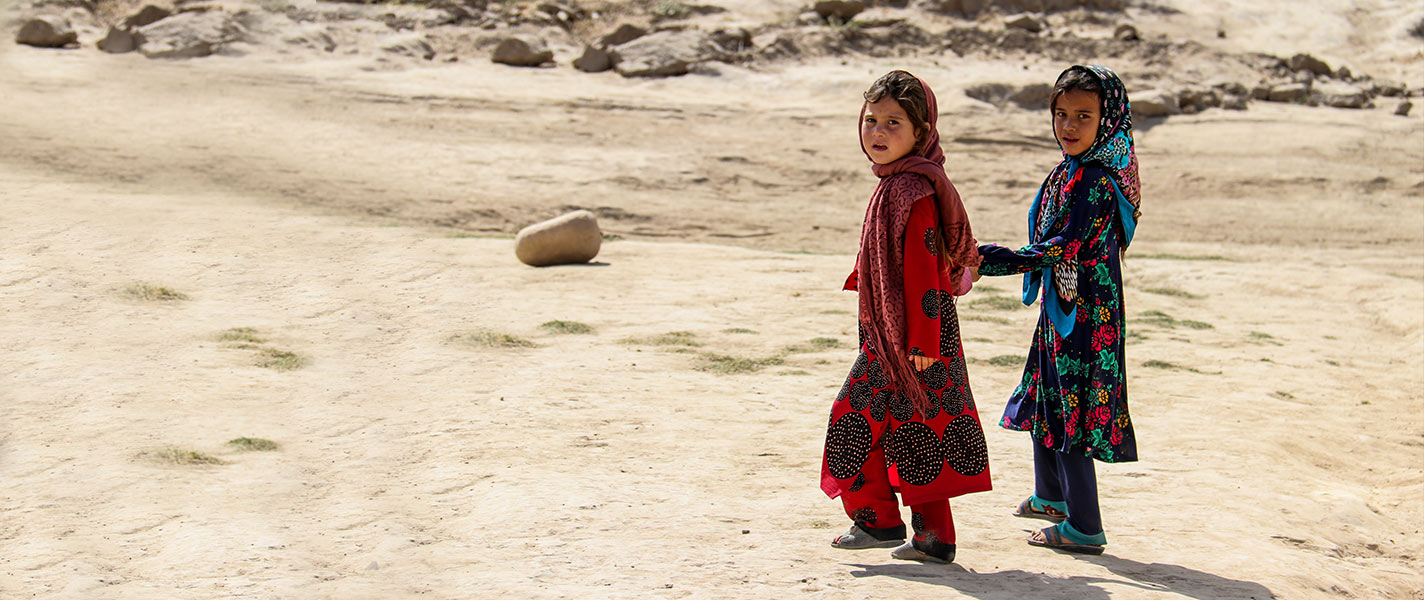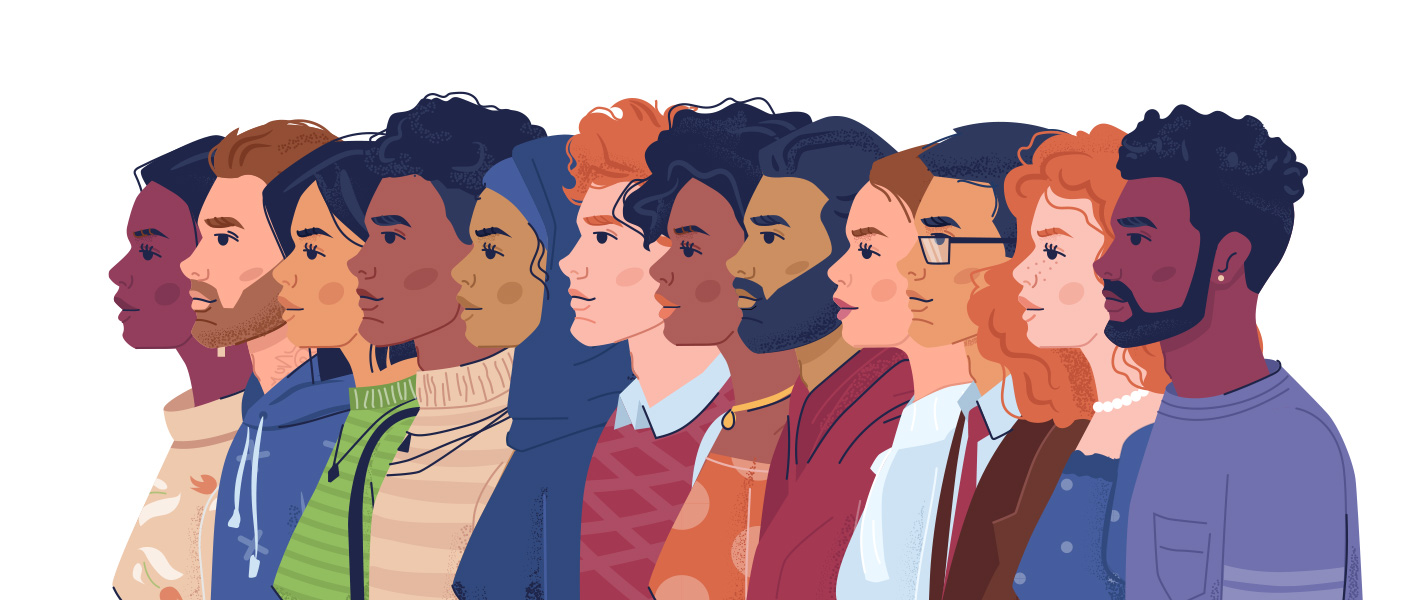The Evolution of Parenthood: From Societal Obligation to Personal Choice
In Europe, the declining fertility rate has become a topic of concern among leaders and policymakers, sparking discussions about the underlying reasons behind this trend. The decision to have children is deeply personal and influenced by a multitude of factors, ranging from social and economic considerations to personal values and aspirations. As such, it's essential to explore whether young people are choosing not to have children out of choice or due to constraints imposed by societal, economic, or personal circumstances.
Respecting and enabling people who do not wish to raise children
One crucial aspect contributing to the decline in fertility rates is the evolution of societal norms and attitudes towards parenthood. Historically, societal expectations and traditional gender roles heavily influenced individuals' decisions regarding marriage and childbearing. A lot of people would have children because this was what was expected of them, and they didn't really have a say in it.
However, the landscape has shifted significantly in recent decades, thanks in large part to the advancements made by feminist movements. These movements have challenged traditional gender norms and provided individuals, particularly women, with greater autonomy over their reproductive choices.
Consequently, many young people today are redefining their priorities and life trajectories, placing a greater emphasis on personal development, career pursuits, and individual fulfillment. For some, parenthood may not align with these aspirations, leading them to consciously choose a child-free lifestyle.
This shift reflects a fundamental change in societal attitudes towards parenthood, emphasizing individual agency and the importance of making informed choices based on personal desires and circumstances. Today, people make informed choices about having children because they truly desire to, not because it is expected of them. And that's for the best.
Addressing issues refraining individuals who want to have kids
While not having children is a valid choice that should be respected, it is equally important to support those who want to have them.
The concept of "demographic rearmament" recently invoked by the French President Emmanuel Macron has understandably raised eyebrows and sparked debate, largely due to its outdated and nationalistic connotations. The notion that women's reproductive capabilities should be harnessed for the benefit of the nation's workforce reflects a narrow and antiquated view of parenthood, one that fails to acknowledge the autonomy and agency of individuals, particularly women, in making decisions about their own bodies and lives.
Furthermore, the President's failure to address the underlying reasons why people are choosing not to have children is a significant oversight. While it's true that evolving social norms have empowered individuals to make informed choices about parenthood, it's equally important to recognize the systemic barriers that can inhibit other people's wish to start families. Economic instability, exacerbated by factors such as housing affordability and precarious employment conditions, can pose formidable obstacles to parenthood for many individuals and couples.
Moreover, the lack of family-friendly policies and support systems within the welfare state further compounds these challenges, leaving prospective parents without the necessary resources and assistance to navigate the demands of raising children. Without addressing these structural inequalities, simply exhorting people to have more children overlooks the complex realities that shape individuals' reproductive decisions.
Additionally, concerns about the looming threats of climate change and environmental degradation have also influenced some young people's decisions to forgo parenthood. The existential anxiety surrounding the future of the planet can understandably lead individuals to question the wisdom of bringing children into a world fraught with uncertainty and environmental peril. Governments' inadequate responses to address these pressing global issues only serve to exacerbate these anxieties and compound the ethical dilemma of procreation in an increasingly uncertain world.
The pressure to have children not only affects those who have chosen not to, but it also weighs heavily on individuals or couples who may desire children but feel unable to do so due to various constraints in their lives or the world around them.
Supporting LGBTQ parents and nontraditional families
It's also crucial to emphasize that current family policies predominantly cater to supporting conventional, heterosexual family structures. However, it's equally vital to recognize the significance of extending support to LGBTQ families. In today's society, accessing parenthood presents more challenges for LGBTQ parents. Discriminatory barriers, legal complexities, and societal prejudices often hinder their path to starting a family.
Moreover, it's imperative to acknowledge and support non-traditional family dynamics. This includes single-parent households and individuals who aspire to raise children within unconventional family structures involving more than two caregivers. Despite the diversity and validity of these family models, they often encounter systemic obstacles and lack adequate support from existing policies and institutions.
Therefore, there's an urgent need to broaden the scope of family policies to be more inclusive and accommodating. By recognizing and actively supporting the diverse array of family compositions, society can ensure that all families have equal access to resources, opportunities, and societal acceptance.
Having children remains a choice, and either choice should be supported adequately
In this light, the expectation for individuals to have children without addressing the systemic barriers and existential concerns they face is not only unfair but also unrealistic and potentially harmful. Ultimately, the decision to have children should be based on informed choice rather than external pressures or expectations. By promoting policies that support work-life balance, gender equality, inclusivity, and family-friendly initiatives, policymakers can create an environment where individuals can make meaningful choices about parenthood based on their desires and circumstances.
In doing so, we can ensure that parenthood remains a personal decision rather than a societal obligation, fostering a more inclusive and supportive society for all individuals, regardless of their reproductive choices. That way we can also make sure that individuals who decide not to have children do so based on their own desires and preferences, rather than because of external limitations, or fear that their family model would not be respected and valued.
The article represents the views of the blogger and not those of LEED Initiative.
